
The Nikkei Basketball Heritage Association (NBHA) announced that it has received a grant for $22,920 from the California Civil Liberties Public Education Program (CCLPEP) to help document the Japanese American basketball experience in camp during World War II by interviewing former inmates.
During the war, thousands of Japanese Americans were unlawfully forced by the U.S. government to leave their homes and abandon their businesses to be incarcerated in concentration camps. Many of the Nisei generation were school age and their parents wanted them to engage in normal activities. Participation in organized sports was a common pastime for young Japanese Americans before the war, so the leaders in camp provided opportunities for young people to play baseball, football and basketball.
The CCLPEP grant provides funds for NBHA to interview and record at least 20 oral histories of individuals who lived in one of the camps, or whose family members lived in camp, and played organized basketball. So far, NBHA has interviewed individuals such as Shig Murao, 96, who grew up in Seattle, where he played high school basketball, and then lived in the Minidoka, Idaho camp.
NBHA just recently interviewed Grace Kodama, who was held in the Poston, Ariz. camp. Kodama, who just turned 100, recalled playing girls’ basketball in camp.
Thanks to filmmaker Cory Shiozaki, NBHA in 2019 did the last video interview with Wataru Misaka, who is acknowledged as the individual who broke the color barrier for the NBA by playing three games for the New York Knickerbockers in 1947. Misaka played for two championship teams at the University of Utah in 1944 and 1947 and was a hero to Japanese Americans who were still incarcerated in 1944.
The California Civil Liberties Public Education Program is a state-funded grant project of the California State Library. This program’s central purpose and original intent is to ensure that the events surrounding the exclusion, forced removal, and internment of civilians and permanent resident aliens of Japanese ancestry during World War II will be remembered and that the causes and circumstance of these and other similar civil-liberties violations may be illuminated and understood.
Said Jerry Nakafuji, president of NBHA, “We’re extremely grateful to the California Civil Liberties Public Education Program for the grant to interview more individuals who went to camp and remember playing basketball. NBHA would like to connect with any Japanese American who played basketball at any of the camps during the war. We are also interested in interviewing relatives of those who went to camp and were connected to basketball.”
Nakafuji added that NBHA requests that anyone interested submit a short biography of the individual who fits the above description. Background information such as where the individual grew up, which camp they lived in and what connection he/she had to Japanese American community basketball is important.
The NBHA seeks to perpetuate the foundational cultural values and traditions of the Japanese American community basketball leagues in Southern California by documenting their history. NBHA’s mission is to share the cultural history of Nikkei values with the families who currently participate in the basketball leagues.
NBHA formed out of the concern of a number of problems occurring in today’s Japanese American basketball leagues. These problems include a lack of sportsmanship, over-competitiveness, and disrespect for officials and others. These are problems that were rarely seen during the early decades of Japanese American basketball, when players, parents, and others acted in accordance with Japanese cultural values.
For more information on the NBHA, go online to https://jabasketball.org. If someone wants to submit an individual for a possible interview, contact Jerry Nakafuji at (562) 577-1216 or [email protected].
 Saved by ‘Sukiyaki’
Saved by ‘Sukiyaki’
 Best TV deal: Save over $400 on LG 55
Best TV deal: Save over $400 on LG 55
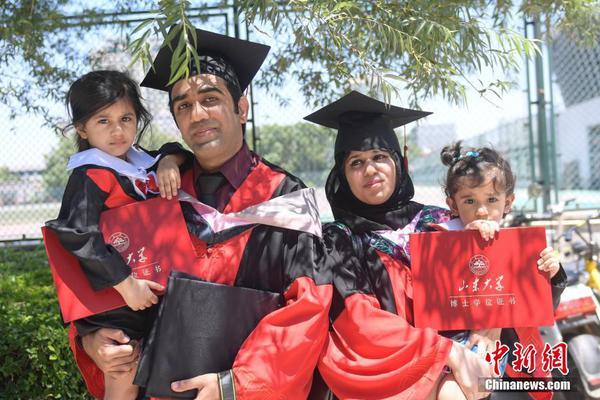 A 'Bluey' kids party in Las Vegas upset children and parents
A 'Bluey' kids party in Las Vegas upset children and parents
 Best LEGO Icons Poinsettia set deal: Save $15 at Amazon
Best LEGO Icons Poinsettia set deal: Save $15 at Amazon
 Takei Expands Social Media Presence to YouTube and Teams Up With AARP for New Series
Takei Expands Social Media Presence to YouTube and Teams Up With AARP for New Series
 Shop Memorial Day deals that are still live on robot vacuums at top retailers
Shop Memorial Day deals that are still live on robot vacuums at top retailers
 Best Target deal: Save $25 when you spend $100 on select toys at Target
Best Target deal: Save $25 when you spend $100 on select toys at Target
 Xbox Elite Series 2 controller deal: Get it at its lowest price ever
Xbox Elite Series 2 controller deal: Get it at its lowest price ever
 Farlig: "I'm doing my best to ignore social media"
Farlig: "I'm doing my best to ignore social media"
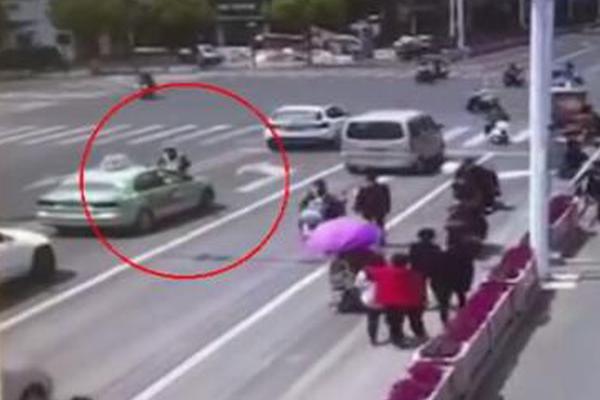 IRS Direct File: Pilot program for taxpayers becomes permanent
IRS Direct File: Pilot program for taxpayers becomes permanent
 Dr. Jimmie Yamaguchi, Figure Skater’s Father
Dr. Jimmie Yamaguchi, Figure Skater’s Father
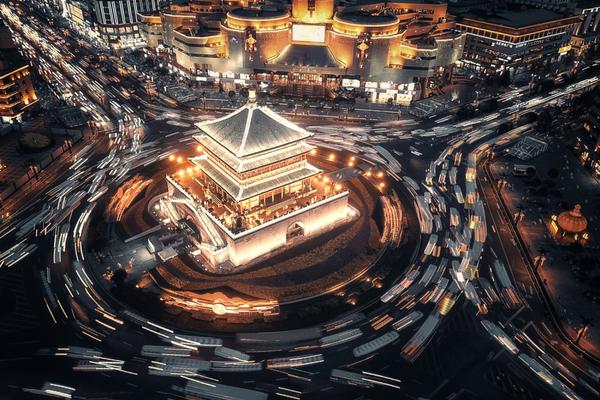 NYT Connections Sports Edition hints and answers for December 10: Tips to solve Connections #78
NYT Connections Sports Edition hints and answers for December 10: Tips to solve Connections #78
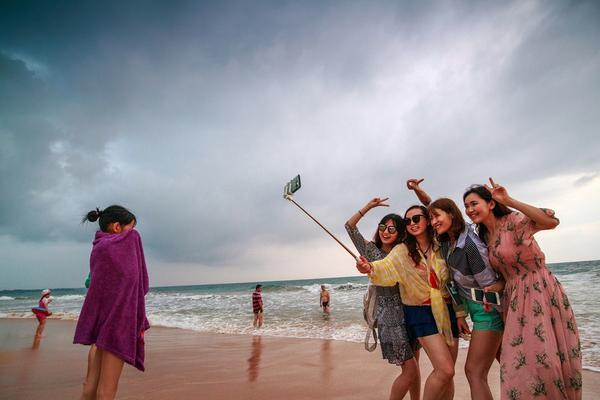 Webcam models are exploited by studios and online platforms, according to new report
Webcam models are exploited by studios and online platforms, according to new report
 Lego deals: Take up to 30% off at Amazon, Target, and elsewhere
Lego deals: Take up to 30% off at Amazon, Target, and elsewhere
 Little Tokyo Historical Society Celebrates New Year
Little Tokyo Historical Society Celebrates New Year
 Best ice cream maker deal: Save $60 on the Ninja Creami
Best ice cream maker deal: Save $60 on the Ninja Creami
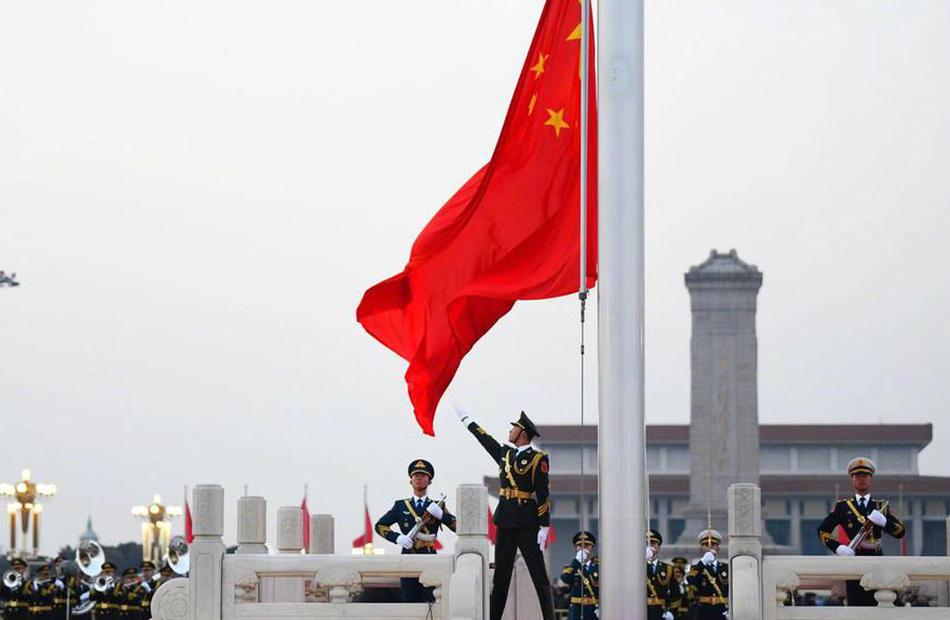 NYT Connections Sports Edition hints and answers for December 11: Tips to solve Connections #79
NYT Connections Sports Edition hints and answers for December 11: Tips to solve Connections #79
 Best ice cream maker deal: Save $60 on the Ninja Creami
Best ice cream maker deal: Save $60 on the Ninja Creami
 Ume Group’s Hollywood Debut
Ume Group’s Hollywood Debut
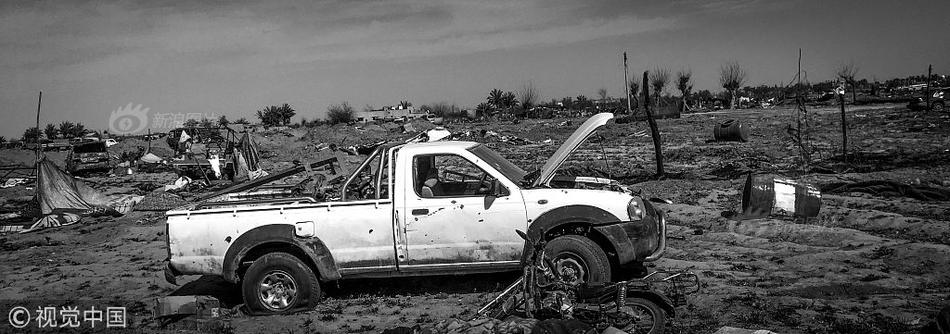 Viral YouTube video lambasts Disney's Star Wars hotel via 4
Viral YouTube video lambasts Disney's Star Wars hotel via 4
‘Ni’ihau’ Movie Criticized for Historical Inaccuracy, WhitewashingHikari Japanese Academy Announces Conversation ClassesComeUnity Festival with FandangObon on June 4Pilgrimage to Be Held at Site of Crystal City Internment Camp in TexasVOX POPULI: A Powerful Journalist and ActivistOKX Among First Exchanges to List Hamster KombatINTO THE NEXT STAGE: Sayonara to Ken Park, Hello to Dev ShahStaged Reading of ‘Nisei’ at JANMAAPI Equity Alliance Leads 42 Community Partners to Stop the Hate in CaliforniaEl Segundo Celebrates Its Champs Simone Biles nails signature dismount, now known as 'The Biles' What critics thought about 'El Camino: A Breaking Bad Movie' OpenLibra is an open alternative to Facebook's Libra Seafaring Arctic scientists won't glimpse the sun for 150 days What it's like when a criminal, bankrupt, for 26 things that take longer than Eliud Kipchoge's two Social media campaign aims to highlight persecution of LGBTQ people Nobel Prize in Physics awarded to scientists, some rally behind one who never got one I love the 'Destiny 2' Twitter that just shares bonkers Steam names AOC fights back after being accused of... paying for a reasonably priced haircut
0.1832s , 10107.6875 kb
Copyright © 2025 Powered by 【kad?nlar büyük mü sever kü?ük mü video】Nikkei Basketball Heritage Assn. Awarded Grant to Interview Former Camp Inmates,Feature Flash